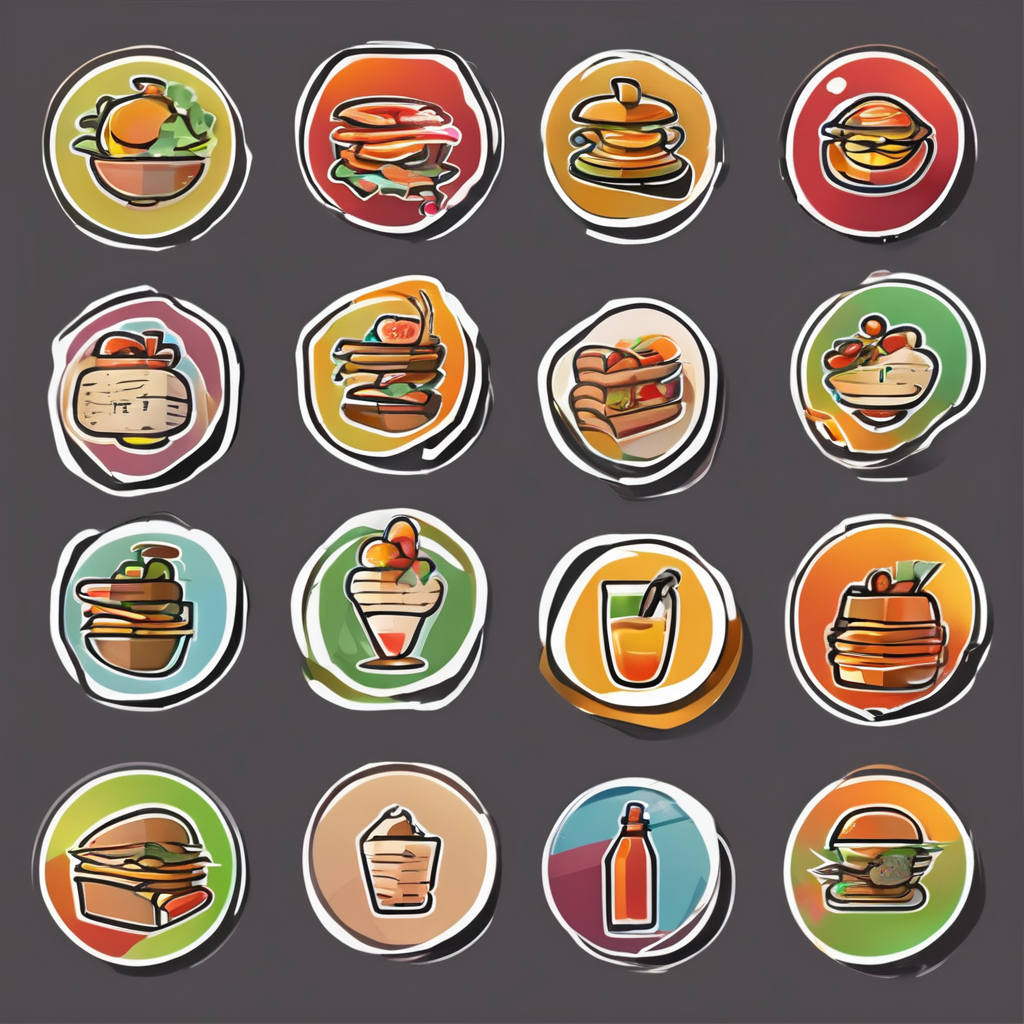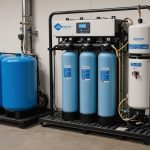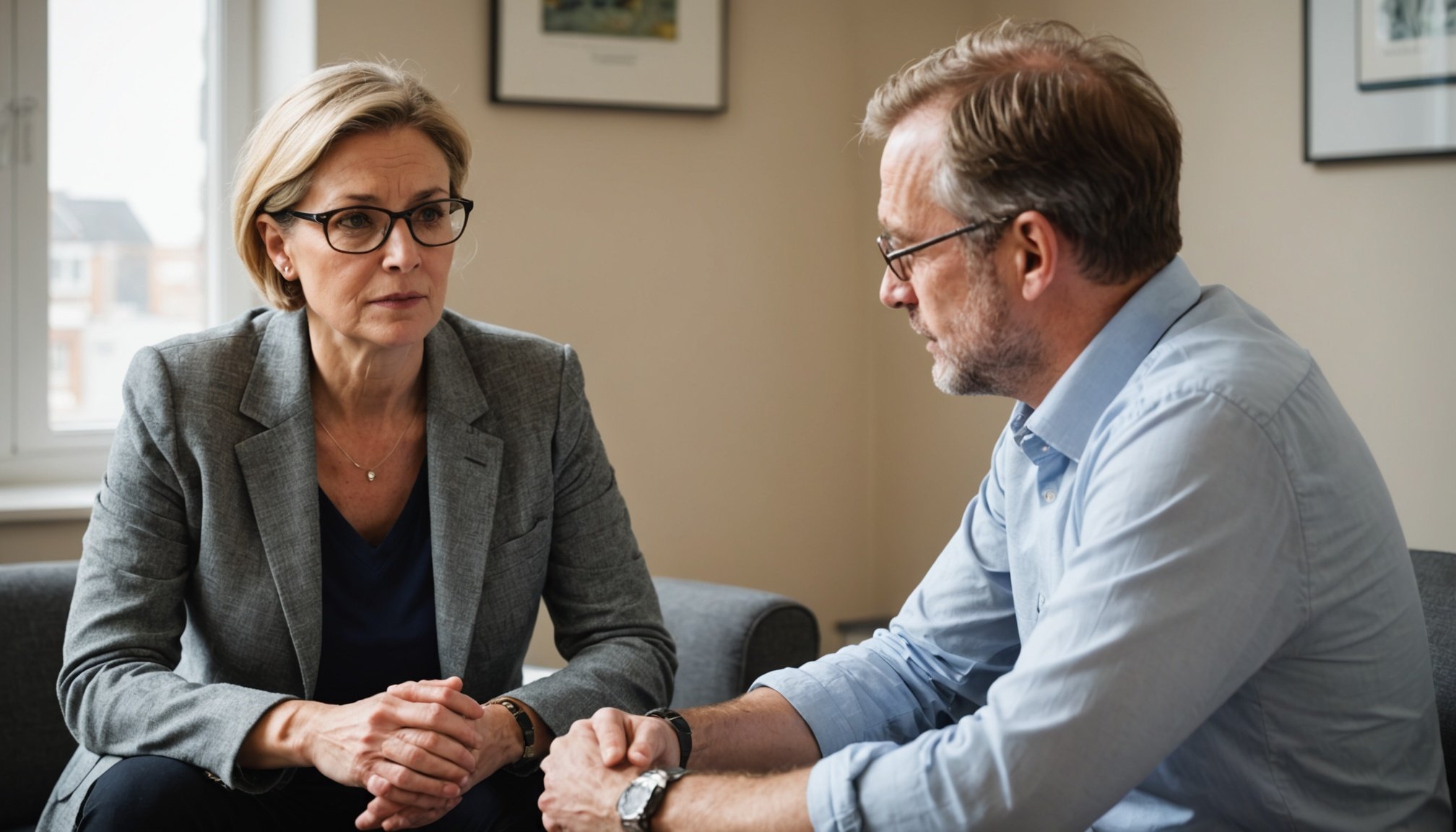Exploring Innovative Psychotherapy Approaches for Tackling Treatment-Resistant Depression in the UK
Understanding Treatment-Resistant Depression
Treatment-resistant depression (TRD) is a significant challenge in the field of mental health, affecting a substantial number of people who do not respond to standard treatments such as antidepressant medication or traditional psychotherapies. According to recent studies, around one in 20 adults suffers from depression, and nearly one in three of these individuals do not find relief through conventional methods.
TRD is characterized by the under-activity of certain brain regions, such as the dorsolateral prefrontal cortex, and the over-activity of others, like the orbitofrontal cortex (OFC). This imbalance can lead to severe symptoms, including persistent feelings of sadness, loss of interest in activities, and even suicidal thoughts. The complexity and severity of TRD necessitate innovative and effective therapeutic approaches.
This might interest you : Exploring Cutting-Edge Interventions for Severe Asthma: Insights from UK Immunologists
Repetitive Transcranial Magnetic Stimulation (TMS)
One of the most promising innovative therapies for TRD is Repetitive Transcranial Magnetic Stimulation (TMS). TMS involves applying a high-frequency magnetic field to specific areas of the brain using an electromagnetic coil placed against the scalp. This treatment has been approved by both the UK’s NICE and the US FDA for treating depression.
Traditionally, TMS sessions are spread over 20-30 days, but a recent study from the University of Cambridge and Guiyang, China, has introduced an accelerated approach. This new method condenses the treatment into just five days, with four sessions per day. Professor Valerie Voon from the University of Cambridge explained, “Our accelerated approach means we can do all of the sessions in just five days, rapidly reducing an individual’s symptoms of depression. This means it could be particularly useful in severe cases of depression, including when someone is experiencing suicidal thoughts.”.
In the same genre : Expert Insights on Managing Severe Food Allergies in UK Schools: Recommendations from Allergists
Key Findings and Benefits of Accelerated TMS
- Rapid Improvement: The accelerated TMS approach has shown significant and rapid improvements in depressive symptoms. Patients often reported feeling “lighter and brighter” as early as the second day of treatment.
- Targeted Brain Areas: By targeting both the dorsolateral prefrontal cortex and the orbitofrontal cortex, this treatment corrects the imbalances in brain activity associated with depression. This dual-target approach enhances the communication between these brain regions, leading to faster and more effective results.
- Clinical Response: The study found that patients with greater connectivity between the OFC and the thalamus at the start of the trial showed the most significant improvements. This highlights the importance of brain connectivity in the efficacy of TMS.
- Side Effects: While local pain at the treatment site was reported by 48% of participants in the dual treatment group, there were no dropouts, indicating that the treatment is generally well-tolerated.
Psychedelic-Assisted Therapy
Another innovative approach gaining traction is psychedelic-assisted therapy. This form of therapy, particularly ketamine-assisted therapy, has shown promising results for individuals with treatment-resistant depression and anxiety.
How Psychedelic-Assisted Therapy Works
- Mechanism: Psychedelic substances like ketamine can induce profound changes in brain activity, promoting new neural connections and enhancing the brain’s plasticity. This can lead to rapid and sustained improvements in depressive symptoms.
- Therapeutic Sessions: Psychedelic-assisted therapy typically involves a series of sessions where the patient is administered the psychedelic substance in a controlled environment. These sessions are often followed by integrative therapy to help the patient process and consolidate the insights and feelings experienced during the psychedelic session.
- Clinical Evidence: Studies have shown that psychedelic-assisted therapy can offer significant relief for people who have not responded to other treatments. The rapid onset of action and the potential for long-term benefits make this approach particularly appealing for those struggling with severe depression.
Home-Based Transcranial Direct Current Stimulation (tDCS)
Transcranial Direct Current Stimulation (tDCS) is another innovative treatment that has been explored for its potential in treating depression, including TRD. tDCS involves the application of a low-intensity direct current to the brain via electrodes placed on the scalp.
Advantages of Home-Based tDCS
- Convenience: tDCS can be administered at home, making it more accessible and convenient for patients. This is particularly beneficial for those who face challenges in attending clinic-based sessions.
- Safety and Tolerance: Studies have shown that tDCS is safe and well-tolerated, with no significant differences in adverse events between active and sham stimulation. This makes it a viable option for long-term treatment.
- Clinical Efficacy: A recent large-scale trial demonstrated that a 10-week course of home-based tDCS led to significant improvements in depressive symptoms, clinical response, and remission rates. The study highlighted that the clinical effects of tDCS continue to increase up to 10 weeks, contrasting with shorter trials that showed less significant effects.
Evidence-Based Psychotherapies
In addition to these innovative approaches, evidence-based psychotherapies continue to play a crucial role in treating depression.
Cognitive Behavioural Therapy (CBT)
- Mechanism: CBT focuses on identifying and changing negative thought patterns and behaviours that contribute to depressive symptoms. It is a structured, goal-oriented approach that has been widely proven to be effective.
- Delivery: CBT can be delivered in various settings, including individual sessions, group therapy, and even online. This flexibility makes it accessible to a wide range of patients.
- Clinical Evidence: Numerous studies have demonstrated the efficacy of CBT in treating depression. It is often recommended as a first-line treatment due to its strong evidence base and relatively short duration compared to other forms of psychotherapy.
Other Evidence-Based Therapies
- Acceptance and Commitment Therapy (ACT): ACT focuses on helping patients accept their thoughts and emotions while taking action towards valued life goals. It has been shown to be effective in treating depression by promoting psychological flexibility and reducing avoidance behaviours.
- Mindfulness-Based Cognitive Therapy (MBCT): MBCT combines elements of CBT with mindfulness techniques to help patients develop greater awareness and acceptance of their thoughts and feelings. It is particularly effective in preventing relapse in individuals with a history of depression.
Practical Insights and Actionable Advice
For individuals and families dealing with treatment-resistant depression, here are some practical insights and actionable advice:
Seeking Professional Help
- Consult a Specialist: It is crucial to consult with a mental health professional who can assess the individual’s specific needs and recommend the most appropriate treatment.
- Combination Therapy: Often, a combination of different therapies (e.g., medication, psychotherapy, and innovative treatments like TMS or psychedelic-assisted therapy) can offer better outcomes than a single treatment approach.
Support Systems
- Peer Support: Joining support groups or seeking peer support can provide a sense of community and understanding, which is vital for managing depression.
- Family Involvement: Family members can play a significant role in supporting loved ones with depression. Educating oneself about the condition and being supportive can make a substantial difference.
Self-Care
- Physical Health: Maintaining good physical health through regular exercise, a balanced diet, and adequate sleep can help alleviate depressive symptoms.
- Mindfulness and Relaxation: Practices such as mindfulness, meditation, and relaxation techniques can help manage stress and improve overall mental well-being.
Treatment-resistant depression is a complex and challenging condition, but innovative psychotherapy approaches offer new hope for those who have not found relief through traditional methods. From accelerated TMS to psychedelic-assisted therapy and home-based tDCS, these treatments are paving the way for more effective and accessible mental health care.
As Dr. Yanping Shu from the Guizhou Mental Health Centre noted, “This new treatment has demonstrated a more pronounced – and faster – improvement in response rates for patients with major depressive disorder. It represents a significant step forward in improving outcomes, enabling rapid discharge from hospitals for individuals with treatment-resistant depression, and we are hopeful it will lead to new possibilities in mental health care.”
By embracing these innovative therapies and combining them with evidence-based psychotherapies, we can provide better help and support for people struggling with depression, ultimately improving their mental health and overall quality of life.
Comparative Table: Innovative Therapies for Treatment-Resistant Depression
| Therapy | Mechanism | Delivery | Clinical Evidence | Side Effects | Accessibility |
|---|---|---|---|---|---|
| TMS | High-frequency magnetic field to specific brain areas | Clinic-based, accelerated approach over 5 days | Significant rapid improvements, approved by NICE and FDA | Local pain at treatment site | Limited by availability of clinics |
| Psychedelic-Assisted Therapy | Psychedelic substances inducing new neural connections | Controlled environment, followed by integrative therapy | Rapid and sustained improvements, promising for TRD | Potential for psychological distress during sessions | Limited by legal and regulatory frameworks |
| Home-Based tDCS | Low-intensity direct current to the brain via electrodes | Home-based, real-time remote supervision | Significant improvements in depressive symptoms over 10 weeks | Well-tolerated, no significant adverse events | High accessibility due to home-based delivery |
Detailed Bullet Point List: Benefits of Innovative Therapies
-
Rapid Improvement:
-
Accelerated TMS shows significant improvements within 5 days.
-
Psychedelic-assisted therapy can offer rapid onset of action.
-
Home-based tDCS demonstrates improvements over a 10-week period.
-
Targeted Brain Activity:
-
TMS targets specific brain regions implicated in depression.
-
Psychedelic substances promote new neural connections.
-
tDCS applies direct current to areas of the brain associated with depression.
-
Clinical Evidence:
-
TMS is approved by NICE and FDA.
-
Psychedelic-assisted therapy has shown promising results in clinical trials.
-
Home-based tDCS has been proven effective in large-scale trials.
-
Accessibility:
-
TMS is limited by clinic availability but offers an accelerated approach.
-
Psychedelic-assisted therapy is restricted by legal and regulatory frameworks.
-
Home-based tDCS is highly accessible due to its home-based delivery.
-
Side Effects:
-
TMS may cause local pain at the treatment site.
-
Psychedelic-assisted therapy can cause psychological distress during sessions.
-
Home-based tDCS is well-tolerated with no significant adverse events.
By understanding and leveraging these innovative therapies, we can provide more effective and compassionate care for individuals struggling with treatment-resistant depression.











